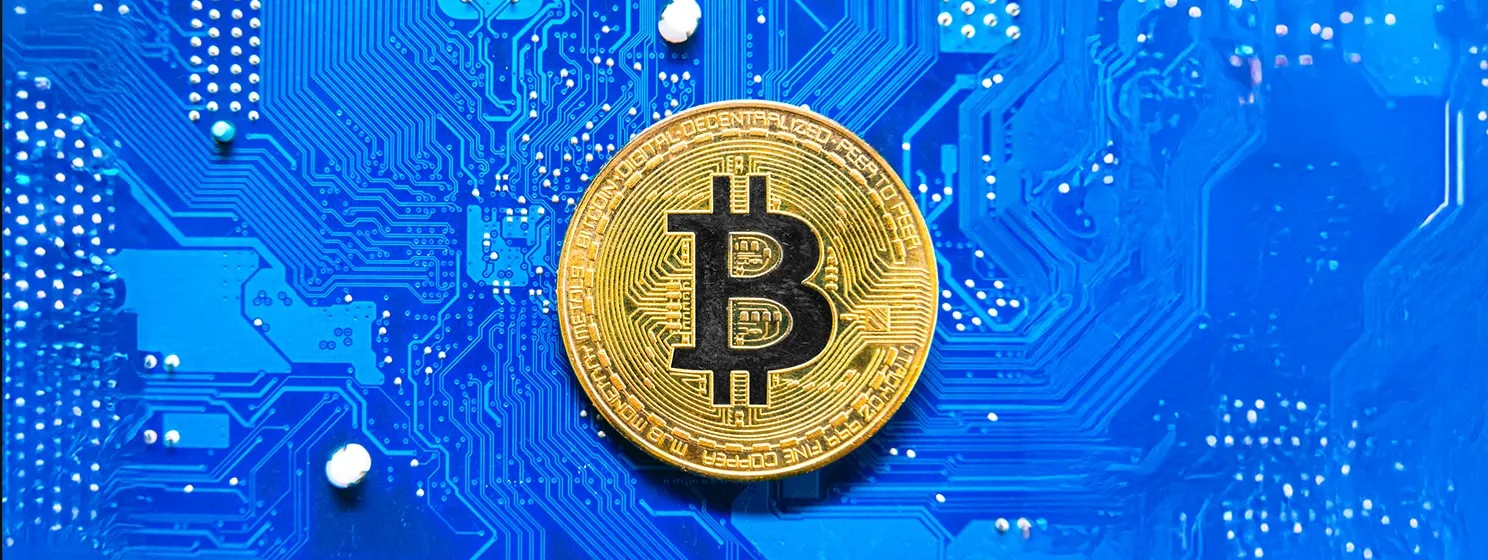|
Getting your Trinity Audio player ready...
|
As BTC block reward mining profits dry up, miners are pivoting to artificial intelligence (AI) to ride the wave back to profitability. The latest is Hut 8 (NASDAQ: HUT), one of the largest United States miners, now offering AI clients GPU-as-a-Service.
Hut 8 recently announced the launch of the service, revealing that the inaugural GPU cluster is now online and generating revenue. Hosted in Chicago and operated by Hut 8 subsidiary Highrise AI, the cluster comprises 1,000 Nvidia (NASDAQ: NVDA) H100 GPUs powering multiple Hewlett Packard Enterprise Cray supercomputers.
“Consistent with our commitment to disciplined capital allocation, we believe a thoughtfully structured AI compute business will be accretive both financially and strategically and drive topline growth, revenue diversification, and long-term value creation,” commented CEO Asher Genoot.
The new service marks the Miami-based miner’s pivot to AI, following other major players chasing profits as BTC mining becomes increasingly competitive. Since emerging from bankruptcy proceedings, Core Scientific has shifted to AI, while Jihan Wu’s Bitdeer has partnered with Nvidia to offer AI data center services.
The shift is centered on graphic processing units (GPUs); while they were once a hot commodity for ASIC miners, the biggest demand in the past few years has been from AI data centers. This demand has been so high that some companies are paying in advance for chips to be produced several months into the future. One study estimates that the global market for GPUs will surge from $38 billion in 2022 to $201 billion in 2032.
To capitalize on this demand, block reward miners are turning to AI clients. According to Reuters, 20% of the current BTC mining capacity will shift to AI by 2027 as the cost of mining continues to rise.
For some, like CoreWeave, this switch has paid great dividends. CoreWeave started as a BTC miner, but as the AI hype kicked in, it pivoted to data centers and cloud computing, using its powerful GPUs to power large language models for global clients. In May this year, the company raised $1.1 billion at a $19 billion valuation, and this week, Cisco announced it would invest in CoreWeave at a $23 billion valuation.
In order for artificial intelligence (AI) to work right within the law and thrive in the face of growing challenges, it needs to integrate an enterprise blockchain system that ensures data input quality and ownership—allowing it to keep data safe while also guaranteeing the immutability of data. Check out CoinGeek’s coverage on this emerging tech to learn more why Enterprise blockchain will be the backbone of AI.
Watch: CoinGeek Weekly Livestream w/ Kurt Wuckert Jr. – Untangling Bitcoin Mining

 07-06-2025
07-06-2025 





